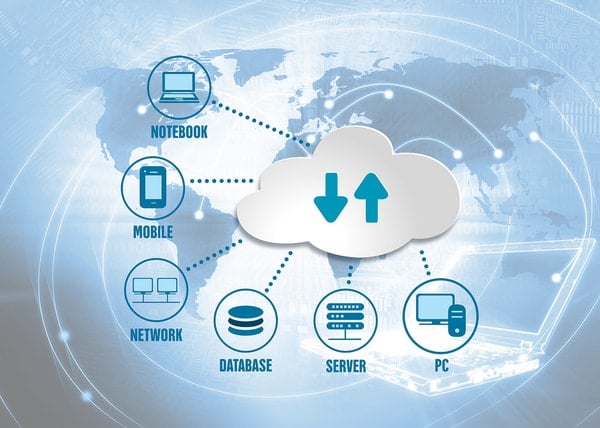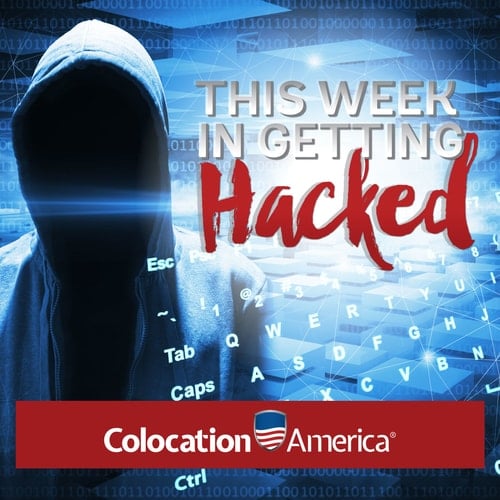
How DBA Experts Will Help Your Company Grow
May 19, 2016
Colocation America Reviews: Music
May 20, 2016Welcome back to the world’s greatest cybersecurity feature that the Internet has ever seen—This Week in Getting Hacked! We bring you the week’s top security stories in one easy to find place that will make you want to change your password immediately.
On to the links!
Ransomware is a horrible and incredibly frustrating thing to happen to your business or yourself. If you do happen to get infected, Yahoo! provides some tips on what to do if you do happen to get hit with ransomware (Hint: Don’t pay it).

Photo Credit: yahoo.com (linked above)
Make sure you are regularly backed up and your software is updated to the latest version and you should be okay in the event of an attack.
According to James Clapper, the Director of National Intelligence, foreign hackers are currently spying on potential presidential candidates. He said that the hackers are targeting campaign websites as the race for the Democratic nomination and the overall Presidential nomination heat up. The hackers are looking for sensitive information like policy papers and emails that might contain sensitive data. Clapper said that they were most worried about Donald Trump, whom Clapper said has “no experience with government computer systems or protocols”.
A new report shows that Canadian police are using the controversial mobile tracking system known as Stingray to capture data from criminal’s phones in at least two cases dating back to 2014.

Photo Credit: cbc.ca
The system works by gathering up ALL the information from ALL mobile devices in a given, targeted area without discrimination.
A hacking forum got hacked in the most hilariously ironic news of the week.
And finally…
In the big news of the week, nearly 117 million LinkedIn emails and passwords have been compromised and leaked online. The hack apparently came in 2012 and is just now being released, and LinkedIn is contacting affected users in an attempt to shore up their security.

Photo Credit: techcrunch.com (linked above)
The total is actually 167 million accounts in the data set, but only 117 million have passwords attached. Unfortunately, LinkedIn uses—or used to use– unsalted SHA-1 hashes to encrypt passwords, which are easily hackable. Maybe change your password just in case if you’re worried about a possible breach.
Maybe just change your password all the time anyways. That’s a pretty good security idea in general.
Stay safe!
